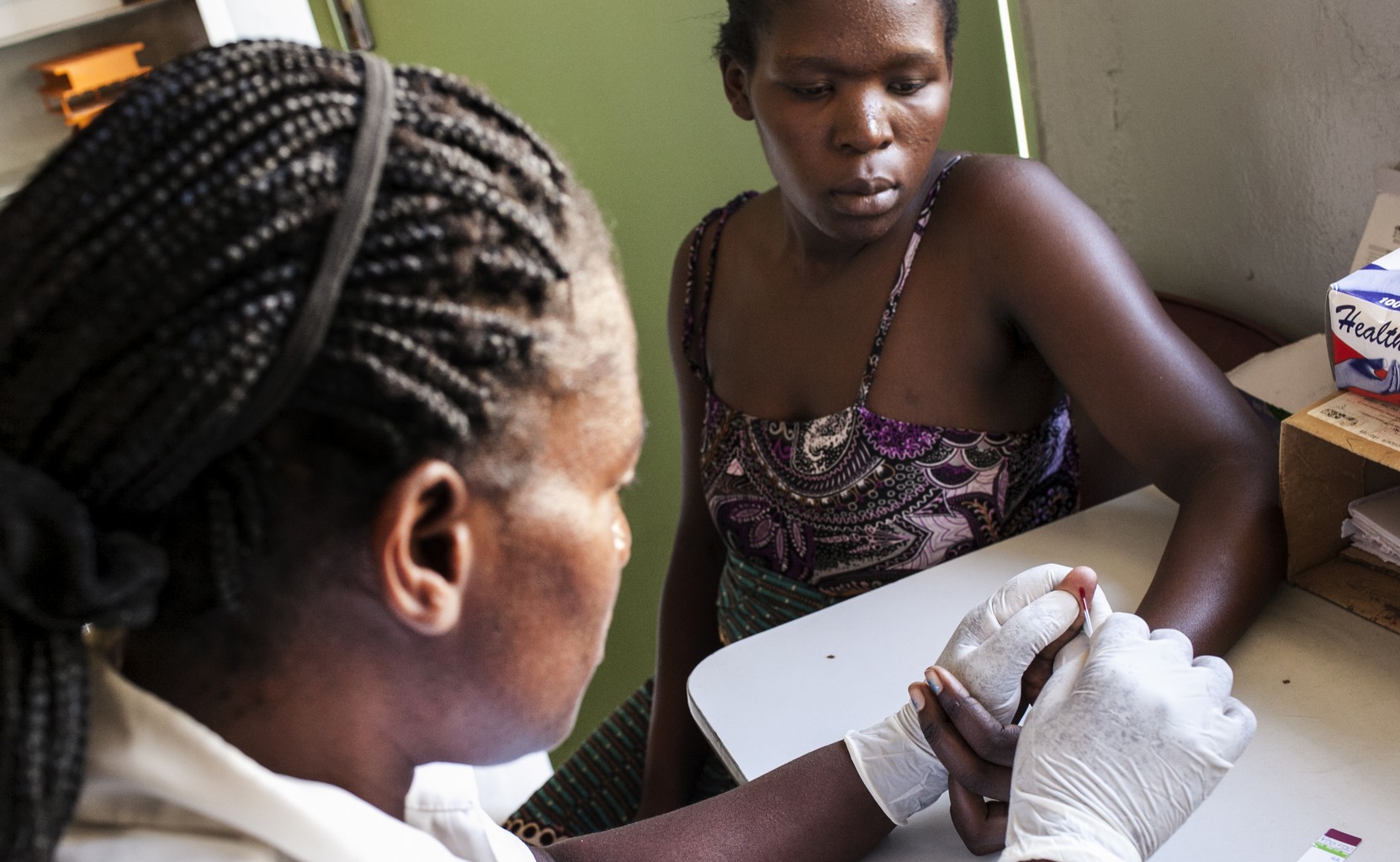AIDS, the auto immune deficiency syndrome, is a disease of the human immune system caused by the Human Immunodeficiency Virus (HIV).
The disease interferes with the immune system reducing it’s efficacy and putting the infected person at greater risk from infections.
Those who contract the HIV virus are called seropositive and are not ill from AIDS. Even when seropositive it is possible not to show the HIV symptoms for a long time. The only way to discover the infection is to undergo a test, if one considers oneself to have taken risks. Thanks to a timely diagnosis and antiretroviral drugs (ARV) it is in fact possible to live for many years. As of today, however, in spite of many studies and much research, a vaccine has not yet been discovered to prevent contagion.
HIV contagion may happen through sexual relationships (contact by infected biological liquids and mucous membranes), contact with infected blood (sharing syringes, transfusion of infected blood or blood products, direct contact between cuts in skin, spurts of blood or other biological fluids on mucous membranes) or by “vertical” transmission, that is from a seropositive mother to her child during pregnancy, birth or breast feeding.
The risk of infection through sexual relationships can only be eliminated through prevention, that is a correct use of condoms; they are also necessary in the presence of sexually transmissible diseases (STD) that can represent a risk factor of contraction or transmission of HIV.
There are many symptoms: fever, tiredness and fatigue, nightly sweating, very swollen lymph nodes sore throat, skin eruptions.
